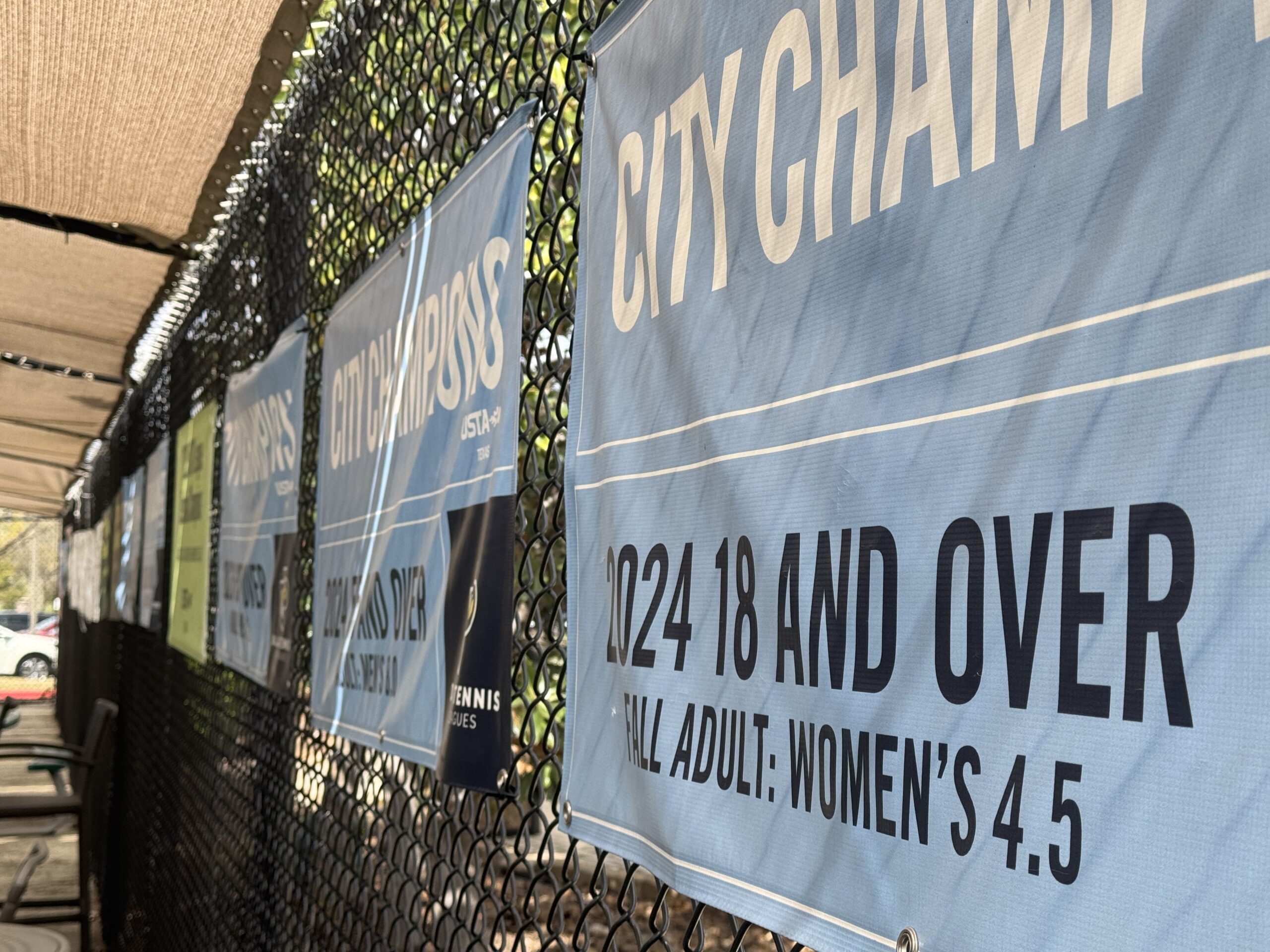I am launching into a new series of posts that examine how USTA rules and Regulations are applied to National Invitational Team events. This topic was sparked by a controversial incident earlier this year at Tri-Level Nationals. It has left some players wondering if a significant new rule or point of emphasis has been added this year. This sordid tale also raises questions of what exactly constitutes good and bad sportsmanship.
The abbreviated version of what transpired at Tri-Level Nationals this year is that two players received substantial suspension points for retiring from a semi-final match after their team had won the other two lines. The more detailed version is seriously convoluted and will unfold over a yet-to-be-determined number of subsequent posts. This is the kind of topic that takes a lot of time to write, and I need to take my time on what is a sensitive subject for some.
For the sake of transparency, I am not involved in the situation. Additionally, I don’t have particularly close relationships with anyone who is. However, I casually know some of the people because we are in the same playing community. My primary interest in this topic is because it illuminates aspects of the rules and Regulations that are obviously not universally understood.
Anyone who follows this blog knows that I am a rules and Regulation junkie. Similarly, I recently shared some of my own thoughts on defaulted matches in a three-part weekend series that started with “A Local League Default Saga.” That post opened by sharing that I really don’t like defaults in tennis. It is exactly the opposite of the “More tennis is always the answer” guiding principle of this site. A subsequent post railed against people dropping out of the back draw at USTA National tournaments. My strong views on this topic are well documented.
Paradoxically, it had never occurred to me that retiring early from a match during the knockout stages of a team tournament is unusual. It happens a lot in my home Section of Texas. In fact, I “won” a doubles match that way in the finals of 18+ 4.5 USTA League Sectionals just last year. Additionally, I would note that retiring remaining matches is also a de facto standard in Texas UIL scholastic tennis. The same can be said about the NCAA Team National Championship tournaments. I don’t believe that this practice is unique to USTA Texas.
Fundamentally, this whole incident was sparked by a difference of opinion over whether it is unsportsmanlike to retire remaining matches once the team outcome is decided. While we are about to spend copious time exploring what the rules and Regulations say — and do not say — about that practice, that is what this episode was ultimately all about.
I do not fundamentally believe that retiring from a match during the knockout stages of playoffs, Sectionals, or Nationals is unsportsmanlike. To me, a much more significant issue is the players who finish out the match with less than their best effort. I have a couple of instances where I believe those dead matches were used for “ratings management.” Worse is when those tanked matches result in disqualification strikes for the player(s) on the other side of the net.
If the USTA has authoritatively decided that retiring matches during the knockout stages of playoffs, Sectionals, or Nationals is unsportsmanlike, there must be an explicit rule against it. Spoiler alert: There isn’t. Additionally, if that changes, it needs to be broadly and definitively communicated to all players and captains.
The next installment of this topic will run on April 10. It will examine how Team National Invitational Events fit within the USTA Regulatory framework. Another spoiler alert: It’s complicated.




Ok. I’ll be interested to know more about what exactly happened and if the TD or whoever was in charge told everyone that retirements in the SF aren’t allowed. But, retirements while not wanted are or should be at each player’s discretion. If players were directly told retirements will lead to a large number of suspension points, that might change things, even if this is the correct choice made by the tournament or not. Without digging too deeply, it was easy to find out who the players are and was the only SF match that had a retirement for all of Tri Nationals.
8 suspension points seem like a lot. Is that enough for a year suspension from USTA then? Also, maybe both players were in agreement but in doubles there’s 2 players. If only one of them wants to retire, the other shouldn’t be penalized if there is a penalty.
Missouri Valley. As far as I can remember, we’re given the option in the SF if the match is decided, but maybe things have changed recently or will change this year but I don’t think so yet. I’ve only been involved in this scenario once in 2017 when up 6-2, 3-2 my opponents retired after their team had won the other 2 courts.
This is confusing. Maybe it’s different at Tri Nationals, which isn’t really apart of USTA but it kinda is so that’s confusing in its own right. My experience, usually at sectionals, is that it’s permitted to retire in SF matches if your team has already won the match. This is actually smart since the team winning the SF match would want to rest up more for the Final.
So, whoever was in charge of Tri Nationals didn’t permit retirements in the SF unless there was type of injury, etc?
I can’t imagine many suspension points were given. I’d imagine only 1-2, which would amount to nothing. Do you know many?
Each player received 8 suspension points. As I said, this is a long and sordid story, and it will take quite a few posts to work through it all. Which Section are you in?